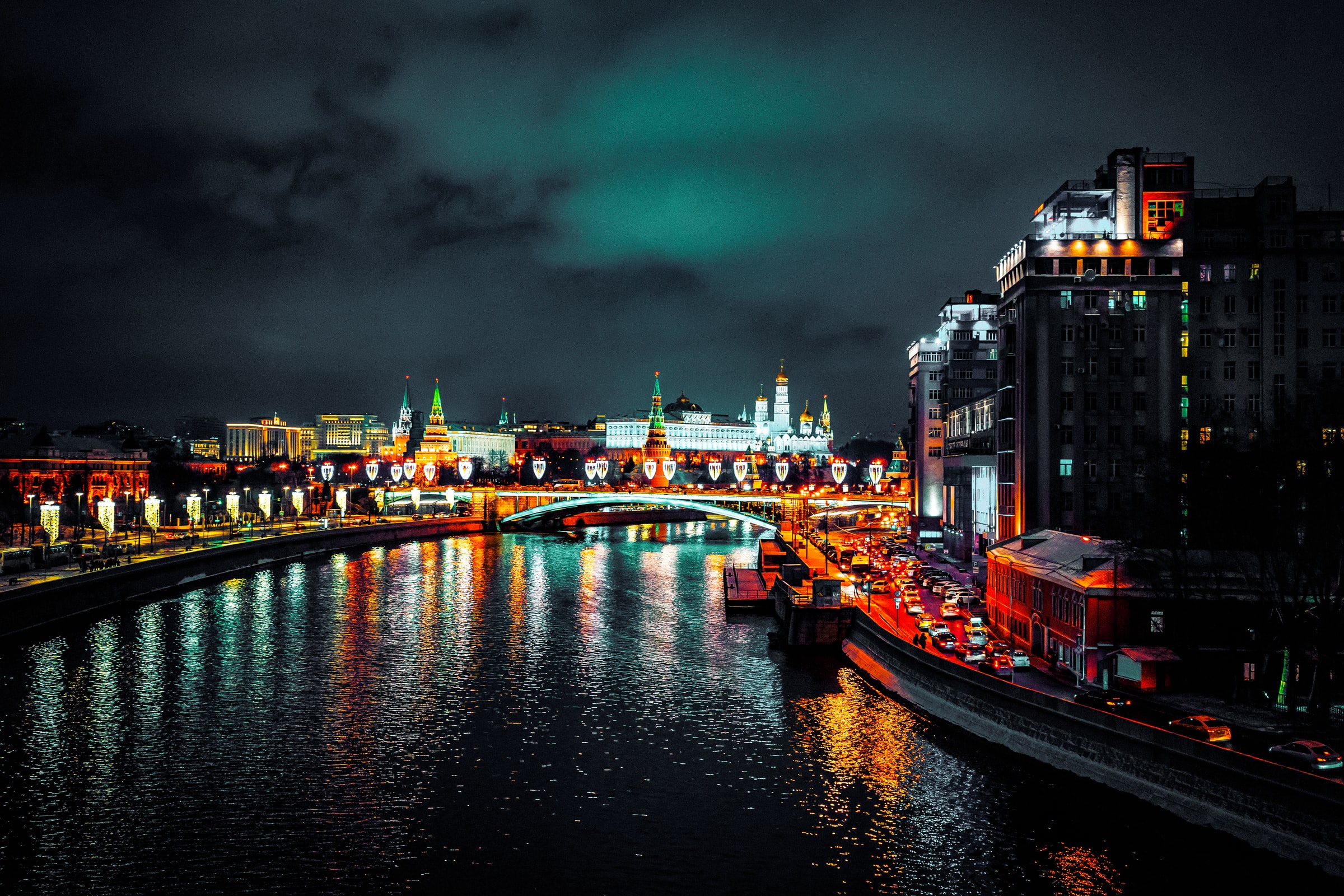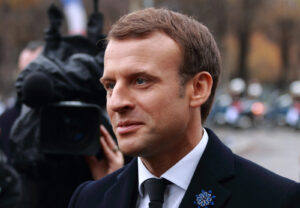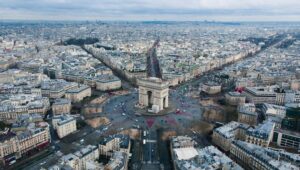On February 21, an extraordinary meeting of the Russian Security Council took place in Moscow, where the issue of recognizing the independence of the DPR and the LPR was discussed. The proposal had the support of all its participants, and Russian President Vladimir Putin signed the relevant decrees.
On February 22, President of Ukraine Volodymyr Zelensky appealed and said that Kyiv is striving for peace and will continue diplomatic work after Russia’s decision to recognize the republics of Donbas.
On the night of February 24, Vladimir Putin officially announced the entry of the Russian military into the Donbas and the beginning of a special military operation.
As expected, Russian officials fully supported Putin’s launch of the operation. One of the first to respond to the president’s appeal was the Governor of the Novosibirsk region, Andrey Travnikov, who said that “these events will change both the world and our lives.”
Even Alexei Navalny (listed in the database of terrorist and extremist organizations in Russia) had the opportunity to speak out about the events. During the next trial, he said that the war was started by a “thieves’ criminal regime” to distract the people’s attention from impoverishment. Navalny asked for his demand to end the war to be included in the meeting minutes and the future court decision.
The population of the Russian Federation is divided into two camps. First, some fully support the decision of President Vladimir Putin. They consider this special military operation a forced measure to protect the state’s borders. Then, others call for stopping the “fratricidal” war and consider it unacceptable to resolve political conflicts by military means in current realities.
Russian journalists have published an open letter condemning the “special military operation” against Ukraine, stating, “We are correspondents of the Russian media and experts who write about Russia’s foreign policy. We condemn the military operation launched by the Russian Federation in Ukraine.”
More than 100 municipal deputies from different cities of Russia (Moscow, St. Petersburg, Veliky Novgorod, Samara, Ryazan, Yoshkar-Ola, and others) signed a similar letter, sharing, “We, the deputies elected by the people, unconditionally condemn the attack of the Russian army on Ukraine.”
On February 25, the day after the start of the war with Ukraine, Russian teachers published a petition in which they openly supported the anti-war protests and demanded a cease-fire.
Across the world and within Russia, the beginning of the military operation caused a real storm in social networks. With Russia’s actions, people have massively flooded posts, expressing their opinion regarding the military operation.
Many Russians also support what is happening, noting that Ukraine itself forced Russia to take this path. One Instagram user wrote, “They remind us that we are talking only about the demilitarization of the country, and not about a full-fledged war. Russia’s goal is demilitarization because Zelensky also wanted nuclear weapons, this is already an excess. No one is going to kill peaceful Ukrainians, do not be subjected to provocations, do not fight, and there will be peace. There are explosions, but these are military infrastructure facilities. There is no task to shoot at houses! If you have the opportunity, then listen to Putin’s speech, he has laid out everything on the shelves and against your government, not you.”
There is no definite, unified opinion in Russia about the situation in Ukraine. Some take to the streets to participate in anti-war rallies. Others are viciously rubbing their hands, waiting for the complete surrender of the Ukrainian authorities. Only time will tell who will emerge victorious in their viewpoint.




